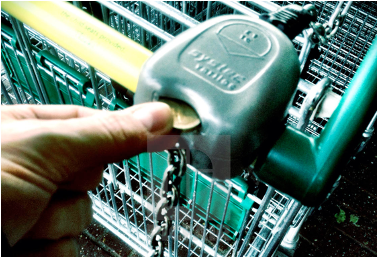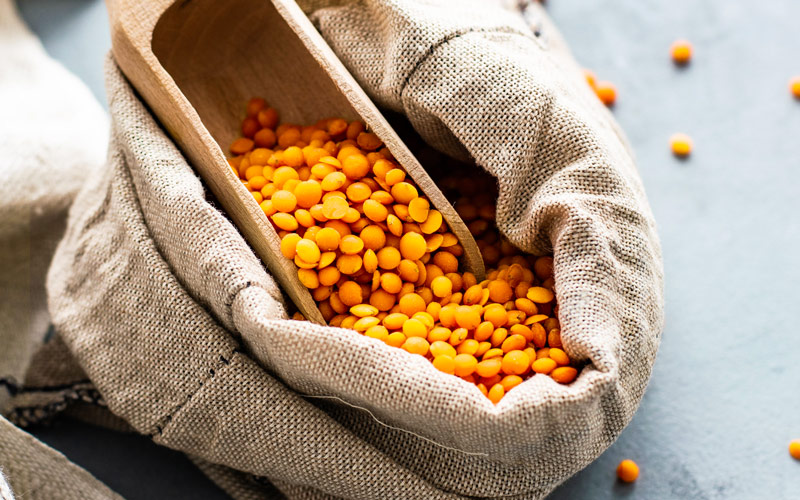Looking for peak food inflation

Price has been the central economic force of food markets for some quarters now. Pressures built notably through 2021 when the distortive impact of the pandemic started to influence the cost of doing business, which metamorphosed into an array of new pressures from a shortage of lorry drivers – the British Government showing unreal incompetence around controlling its borders – through to rising energy costs.
Just as the pandemic was seemingly settling down, post Omicron, energy and raw material costs, the latter from fertilisers to fish, sky rocketed post the invasion by Russian fascists of Ukraine. Somewhat disturbingly, that war will go through its first anniversary on 24 February, one where Ukraine has shown immense bravery as a country, albeit at terrible cost to life – especially young Russian men it should be stated – and infrastructure.
Quite how the Ukrainian ‘situation’ ends, remains to be seen. Russia can probably be patient, and in doing so will seek to test Western resolve and commitment to Kyiv. Whilst so, ‘the West’ becomes less dependent upon Russian energy with every quarter that goes by with domestic economic and political consequences for Moscow; is Beijing, Pyongyang and Tehran the ideal place to set ones long-term alliances? With winter 2022/23 set to be over in five or six weeks time, the grounds to sigh a relief around a big worry of 2022, that is lots of folks freezing to death, eases, factors reflected in lower gas prices and more stable crude oil prices too.
Those gas prices do not hit British households until mid-summer, assuming stability at February levels due to the crazy domestic energy market – who honestly, apart from renewable investors, thought that it was a good idea to link wind and solar prices to the spot gas market? As things stand, domestic energy prices should ease from mid-summer, something householders and the Treasury may welcome, albeit home energy costs will remain considerably elevated compared to their pre-Ukraine invasion levels.
The anniversary of the Ukraine War is a key threshold for food prices in the UK. The aforementioned spike in the cost of energy and goods sat alongside a labour market in the UK where an amalgam of high education participation rates, the allure of the cash economy (drugs), crazy immigration controls by the Government, poor efficiency and delivery in the local and central public sector, early retirement, and Covid-related illness, has depleted the labour supply. Accordingly, the price of labour has moved higher as vacancy rates remain elevated, even though a lot of able bodied folks remain unemployed, with essentials inflation pushing wage demands, understandably, ahead.
In forthcoming months it is reasonable to expect the rate of UK food price growth and wider CPI to fall. A number of moving parts should coalesce with the anniversary of steep rises from late February being a key component. Whilst this is so, UK food inflation, which the ONS measures at c17%, the BRC-NIELSENIQ at c14%, is likely to remain robust for longer as energy, goods and labour costs continue to be passed through the system; it takes some three months plus for many food manufacturers to pass higher incurred costs through the supply chain, be that food & beverage suppliers, food manufacturers themselves, supermarkets or wholesalers.
There is always some ebbing & flowing by commodity on the pricing front – UK dairy prices can reasonably be expected to fall with the drift back in European commodity prices in recent months whilst pig prices in a depleted market of supply continue to rise – but overall, in the absence of new events or shocks to the system, a big if these days, UK food price inflation should peak in the mid-to-late spring of 2023 and then progressively ease back.
The high present inflation can reasonably be expected to act as an arithmetic headwind to headline inflation through to spring 2024 as comparatives still influence matters. What will be essential for the viability of the food industry is to keep focused on in-house cost control to support profit margins and contribute to the necessary easing of inflation, which is not healthy in double digit percentage rates, in a time when base rates have leapt from 0.1% to 4% in a little over a year (I expect UK base rates to peak within a range of 4.0-4.5% by mid-2023).
The present inflationary spike has been remarkable, set within a context of tragedy, with few winners and many more losers. The Bank of England has been sleeping at the wheel, and so its present necessary focus upon contributing to the control of inflation is welcome if late. The Chancellor has contributed little to inflation reduction, and the whole Government need to be alive to developments elsewhere, especially the USA in this respect.
A competent Government and political ecosystem the UK does not have, including the Office for Budget Responsibility and Treasury. That was one of the few things Liz Truss was correct on, it was just she was even more incompetent than the somewhat incapable and underwhelming folks she was seeking to reform. Ho hum. We now have a more stable but technocratic Government, more deferential to the OBR and the likes of the anti-British IMF and OECD, whose forecasts are poor it should be said. And ahead, there is the prospect of an equally compliant and technocratic Labour Party.
The UK Government will claim here on that it is fighting and winning against inflation, which is pure bunkom of course. The Government could contribute to easing inflation by removing crazy migration controls, easing trade with Northern Ireland and the EU, and being genuinely supportive of entrepreneurship, productivity process, innovation and trade. That is, sadly too much to ask.
And so I return to the fact that business needs to find better ways to be more competitive, to add value, build revenues, cut costs, be more cash generative, and so wealth generating with all that can yield. Coriolis in this context is a force for good, especially around industry operations, so mix, operating costs and cash flows from operations. If you would like to know more please do give Mark Dudley a call; he has an accessible, likeable and talented team.
Best wishes for the navigation of current waters.
Dr Clive Black
Senior Advisor
Coriolis Consulting
February 2023








